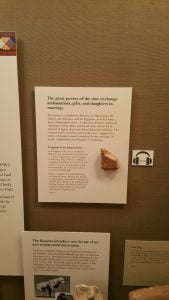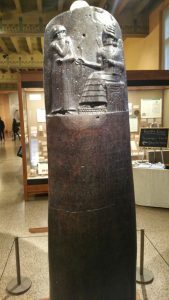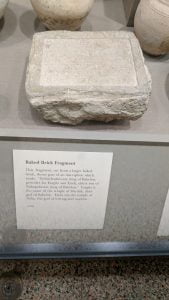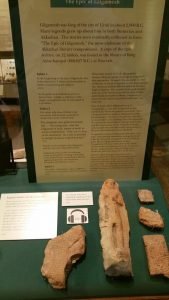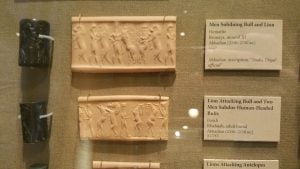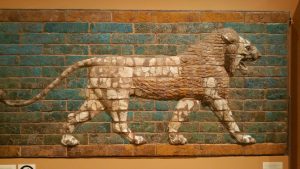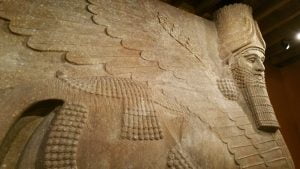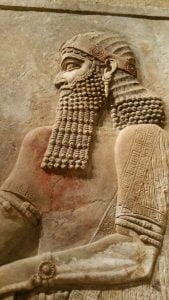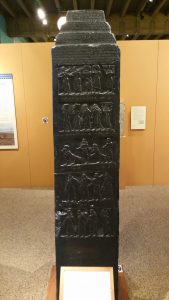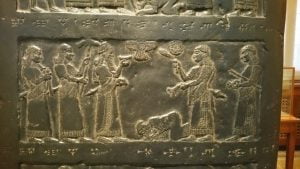The Old Rugged Cross is one of the most beloved – and most claimed hymns! Our Christian Heritage has been to the Old Rugged Cross church on Pokagon, MI where it was first performed in its entirety and we’ve interviewed the couple that restored the church. We’ve also been to Sturgeon Bay, WI where the Friends Church is that it was first partially performed. But on this stop we’re at the site where it was written – in an apartment of a professor of Albion College that became a fraternity house before it was demolished in the 60s. This marker was recently restored after the previous was destroyed in a car crash in 2020.
